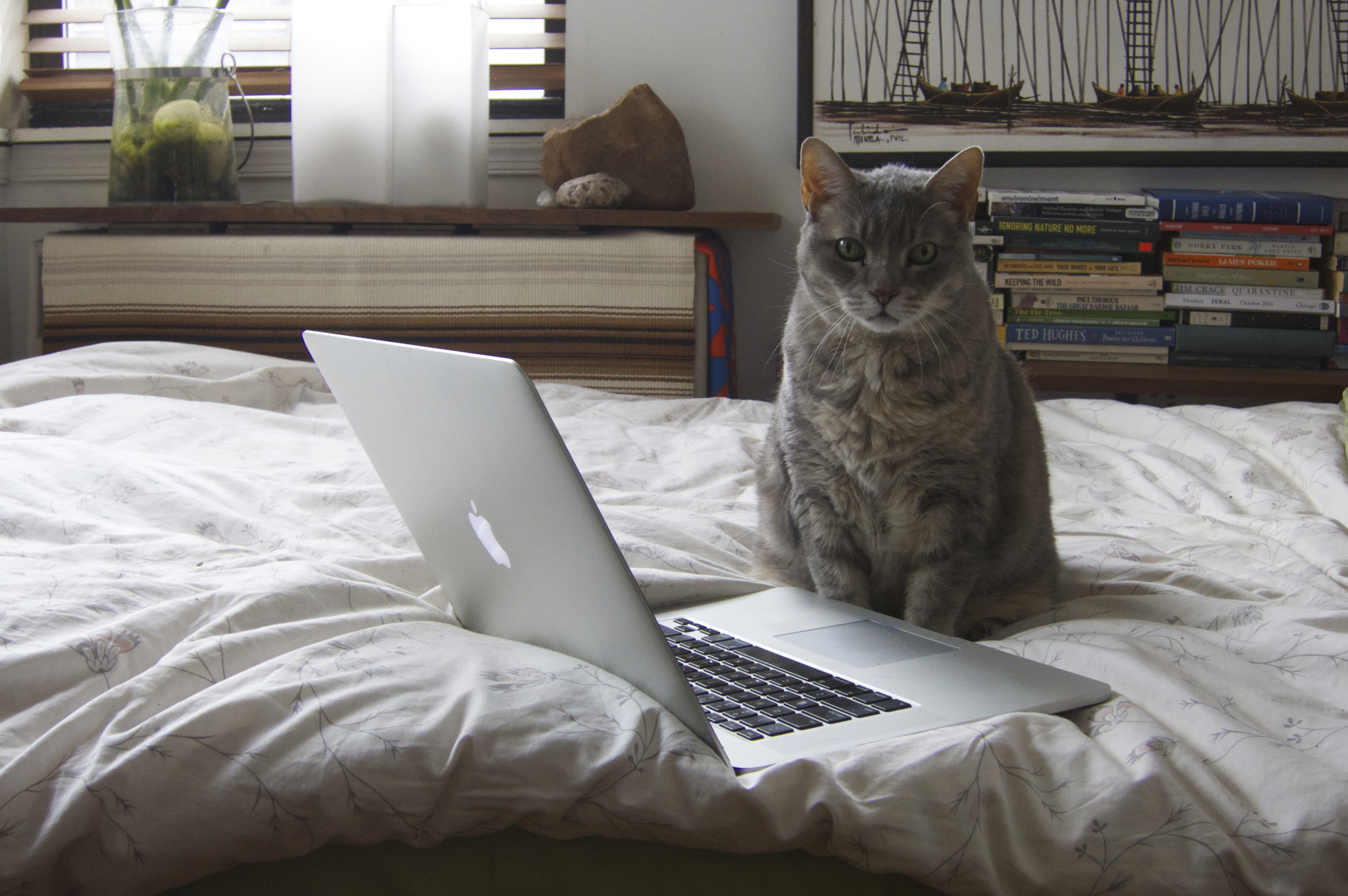Frequently Asked Questions
Do cats eat insects?
Wild and feral cats regularly eat insects. In certain locations and conditions — when when vertebrate prey is scarce, or during hatches of especially nutrient-rich insects — insects actually account for a significant part of their diets.
Can an insect-based diet be healthy?
Our food will provide all the macro- and micro-nutrients — the fats, proteins, amino acids, vitamins and minerals — suggested by leading U.S. and European cat food guidelines. Most of the nutrients will come from insects, with the remainder added in supplement form.
A key scientific question is whether cats digest and metabolize insect-derived nutrients in the same manner as nutrients from vertebrates. This appears to be the case, but we will conduct further research as we develop our food.
Are insects safe for cats to eat?
It's certainly safe for cats to eat insects — specifically, crickets and mealworms — in limited quantities, and research suggests that it's safe for them to eat larger quantities of insects for an extended period of time. As we develop our food, we will conduct further research and safety testing.
If it's wrong to kill animals, isn't it wrong to kill insects, too?
We believe that killing an animal for food is not necessarily wrong. It's an elementary part of existence for any meat-eating creature. What's truly wrong is suffering. While insects do possess surprisingly rich forms of consciousness, they are able to live what scientists call species-appropriate lives in captivity, and can be killed with minimal discomfort.
Cat foods are often made with meat byproducts and non-human-grade leftovers that would otherwise be thrown away. Isn't that sustainable?
Waste is never a good thing: when meat is produced, every last piece ought to be used. Given the problems of industrial meat production, however, many people would prefer to avoid it altogether. We give them an alternative.
